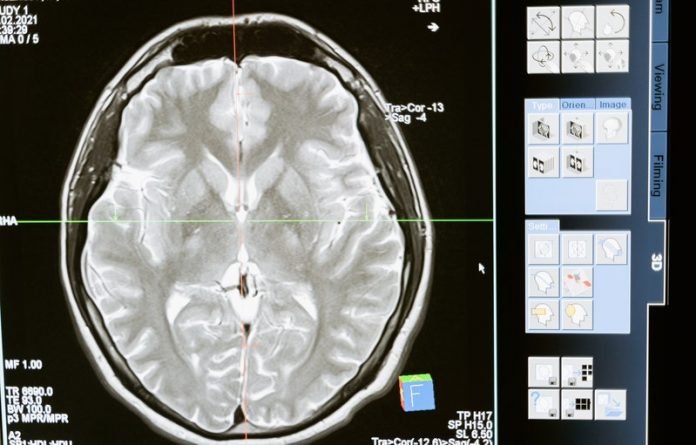
Scientists from Imperial College London found a single brain scan can diagnose Alzheimer’s disease.
The study uses machine learning technology to look at structural features within the brain, including in regions not previously associated with Alzheimer’s.
The advantage of the technique is its simplicity and the fact that it can identify the disease at an early stage when it can be very difficult to diagnose.
The research is published in Communications Medicine and was conducted by Professor Eric Aboagye et al.
Although there is no cure for Alzheimer’s disease, getting a diagnosis quickly at an early stage helps patients. It allows them to access help and support, get treatment to manage their symptoms, and plan for the future.
Being able to accurately identify patients at an early stage of the disease will also help researchers to understand the brain changes that trigger the disease, and support the development and trials of new treatments.
In the study, the team found the new approach requires just one of these—a magnetic resonance imaging (MRI) brain scan taken on a standard 1.5 Tesla machine, which is commonly found in most hospitals.
The researchers adapted an algorithm developed for use in classifying cancer tumors and applied it to the brain.
They divided the brain into 115 regions and allocated 660 different features, such as size, shape, and texture, to assess each region.
They then trained the algorithm to identify where changes to these features could accurately predict the existence of Alzheimer’s disease.
The team used data from the Alzheimer’s Disease Neuroimaging Initiative.
They tested their approach on brain scans from over 400 patients with early and late-stage Alzheimer’s, healthy controls, and patients with other neurological conditions, including frontotemporal dementia and Parkinson’s disease.
They also tested it with data from over 80 patients undergoing diagnostic tests for Alzheimer’s at Imperial College Healthcare NHS Trust.
The team found that in 98 percent of cases, the MRI-based machine learning system alone could accurately predict whether the patient had Alzheimer’s disease or not.
It was also able to distinguish between early and late-stage Alzheimer’s with fairly high accuracy, in 79 percent of patients.
The team says using an algorithm able to select the texture and subtle structural features in the brain that are affected by Alzheimer’s could really enhance the information doctors can gain from standard imaging techniques.
If you care about brain health, please read studies about how to use a healthy lifestyle to prevent dementia, and medical cannabis could help reduce this brain disease.
For more information about brain health, please see recent studies that COVID-19 may strongly change your brain, and results showing this metal in the brain strongly linked to depression.
Copyright © 2022 Knowridge Science Report. All rights reserved.



